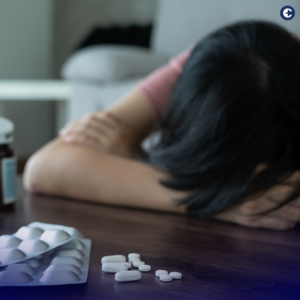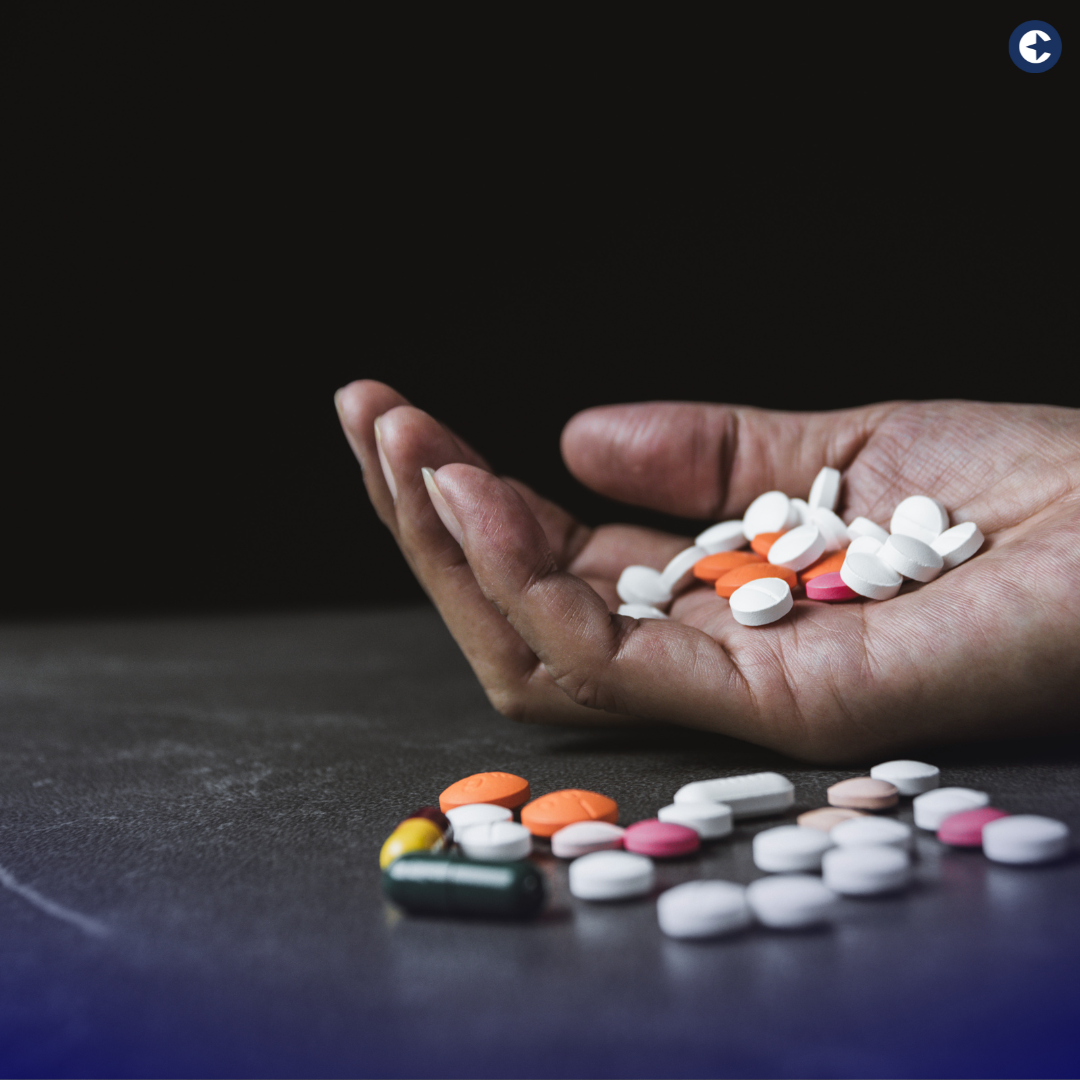Introduction
August 31 marks International Overdose Awareness Day, an occasion dedicated to raising awareness about drug overdose and reducing the stigma associated with drug-related deaths. While this is undoubtedly a difficult topic to tackle, it’s crucial to discuss it openly, especially in the context of rehabilitation and the role of health insurance in providing rehab coverage. This blog aims to shed light on the importance of rehab coverage and how it can be a lifesaver for many.

The Urgency of the Matter
Drug overdose is a critical public health issue that often stems from untreated or inadequately treated substance use disorders. In many instances, effective rehabilitation can play a vital role in preventing overdoses. Unfortunately, the financial burden of rehab can be an obstacle for many. This is where comprehensive health insurance coverage comes into play.
What Does Rehab Coverage Usually Include?
Detoxification
The first step in many addiction treatment programs, detox helps manage withdrawal symptoms. Most insurance plans will cover at least a portion of detoxification treatments.
Inpatient Care
Many plans cover residential or inpatient services, which include 24/7 medical and emotional support.
Outpatient Care
Insurance often covers outpatient treatments, which can include therapy sessions and medications required during the recovery process.
Aftercare
Continued support through aftercare services like follow-up appointments and support groups is also typically covered to some extent.
The Importance of Knowing Your Coverage
It’s essential for individuals and their families to fully understand their insurance coverage when it comes to rehab. Policyholders should:
- Consult with Insurance Providers: Speak to your insurance provider to clarify what your policy covers and the network of facilities available to you.
- Verify Coverage: Make sure to verify whether the specific type of treatment you are seeking is covered under your plan.
- Understand Out-of-Pocket Costs: Coverage often doesn’t mean that the treatment is entirely free. Be prepared for copays, deductibles, or other out-of-pocket costs.
- Explore Additional Options: If your insurance doesn’t cover the full range of services, consider supplemental plans or scholarships offered by rehab centers.

Conclusion
International Overdose Awareness Day serves as a poignant reminder of the urgency to discuss, de-stigmatize, and deal with drug overdoses and substance abuse. A well-rounded health insurance policy that includes comprehensive rehab coverage can make the critical difference in the battle against addiction and its often fatal consequences.
For more follow us on Instagram, Facebook, Twitter, & LinkedIn.



